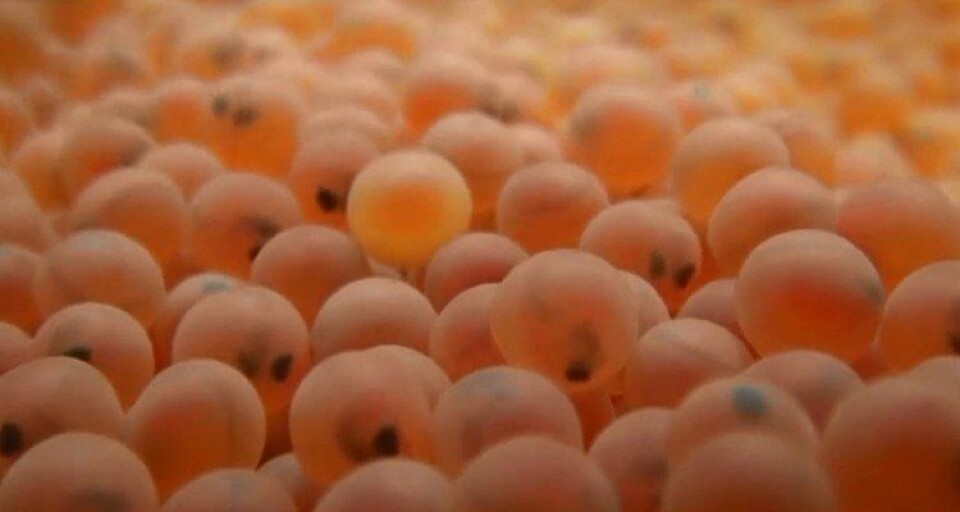
ISA detected at AquaGen brood site
A virulent variant of Infectious Salmon Anaemia (ISA) virus has been detected in broodfish from a Norwegian sea site operated by AquaGen, which supplies many of the eggs used in Scottish salmon farming.
The company said it has enough back-up capacity at other sites to meet orders but added that there may be a knock-on effect in terms of exact delivery time and product type.
In a statement, AquaGen said the Atlantic salmon population in question has an average weight of about 12kg and was planned to produce eggs from September 2017.
There are a total of 14,500 broodfish at the Merraberget Tingvoll site. There has not been any increase in mortality, and the virus detection was initially reported on July 6 as part of routine surveillance and sampling carried out by the fish-health service Åkerblå. The site is located in Tingvollfjorden and the distance to the nearest neighboring site is more than 10 km.
Regular surveillance
The fish population affected has been under regular surveillance for ISA throughout the production cycle, without any previous detection of either virulent or avirulent (HPR0) ISA virus, AquaGen said. The monitoring at the site has recently been intensified as a normal part of preparation for the stripping season. Regular samples were taken for ISA analysis in April, May and June, without the virus being detected. A part of the population was transferred to the Rimstad land facility at the end of May, where - in July - a virulent variant of the ILA virus has also been detected.
AquaGen said it was the first ISA diagnosis at any of AquaGen’s own facilities in the company’s 45-year history. Both fish groups originating from Merraberget will be taken out of egg production if the ISA suspicion is confirmed. AquaGen’s other egg producers in Hemne and Steigen have sufficient additional capacity and will therefore be able to meet customers’ egg requirements for the egg-season 2017/2018.
Good back-up capacity
"In our ongoing work, the focus is now on redistributing the season’s egg-production to our other sites," said AquaGen in its statement. "The AquaGen system has a good buffer and back-up capacity, designed to insure against one of our broodfish populations being taken out of production. Back-up capacity is maintained throughout the entire production cycle, including broodfish maturation and egg production. At the present time, however, we can not rule out the possibility of some consequences in terms of exact delivery time and product type, but AquaGen will keep its customers continuously informed about the situation."
A spokesperson said AquaGen Scotland managing director Andy Reeve and recently-appointed technical sales manager Martin Haberfield had personally contacted all their customers and will keep them up to date with the developing situation.




















































